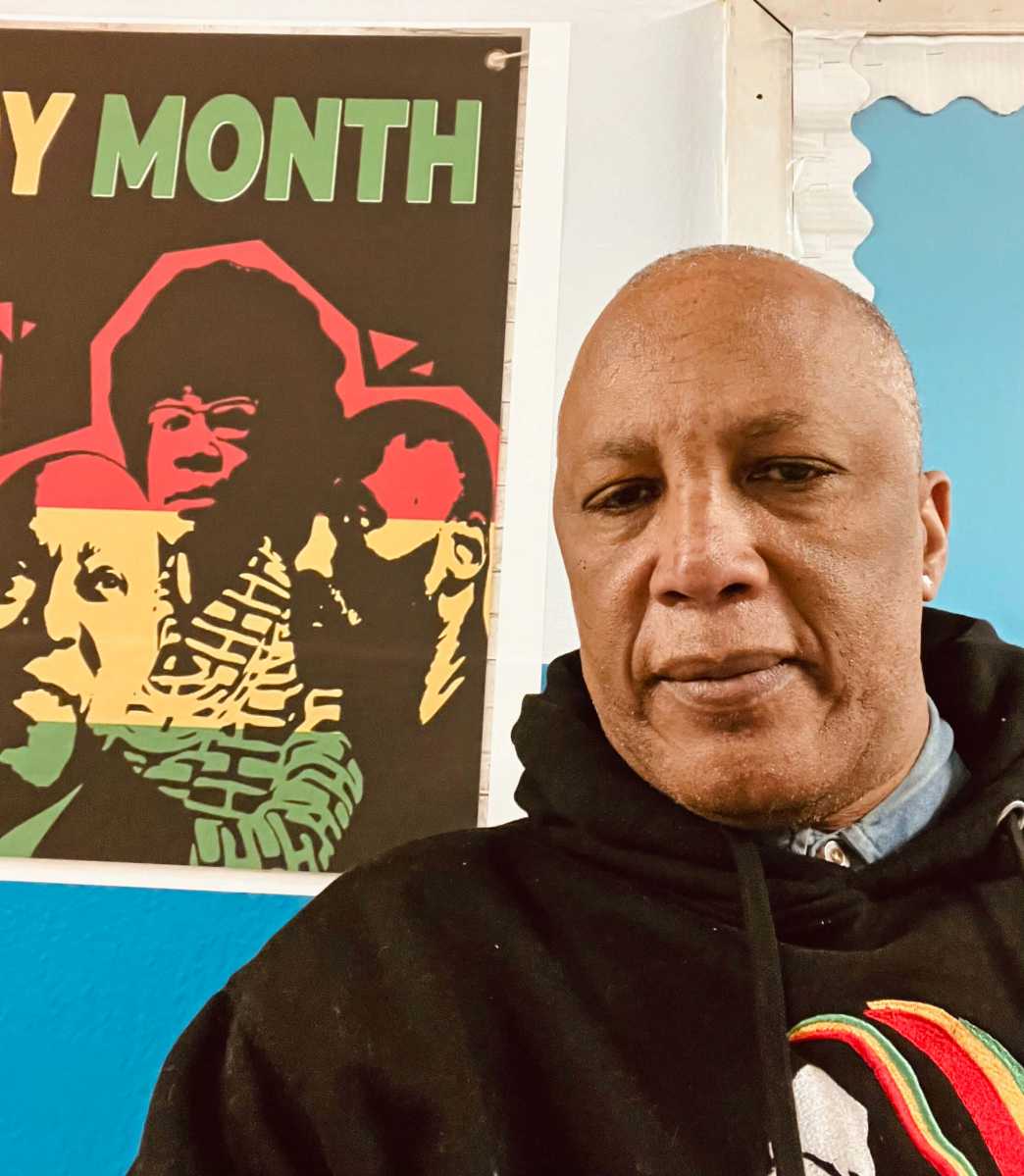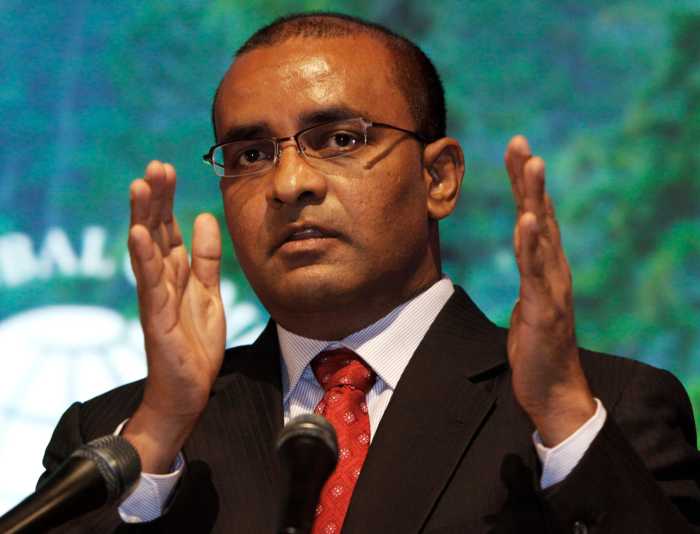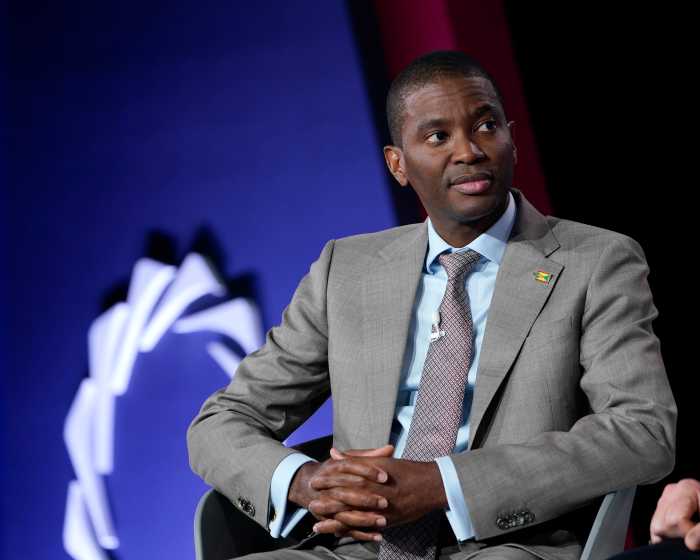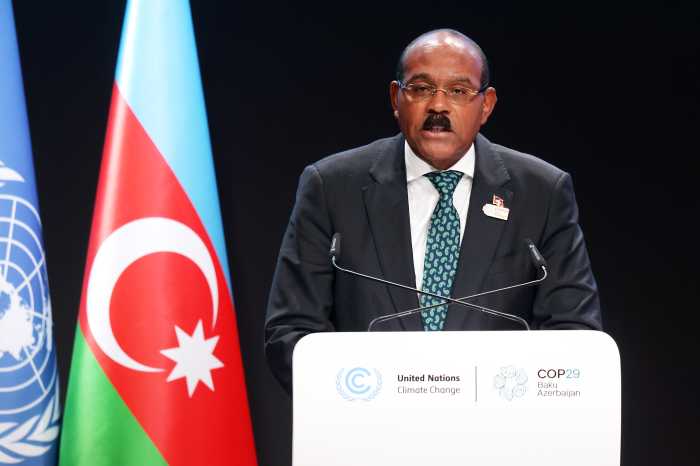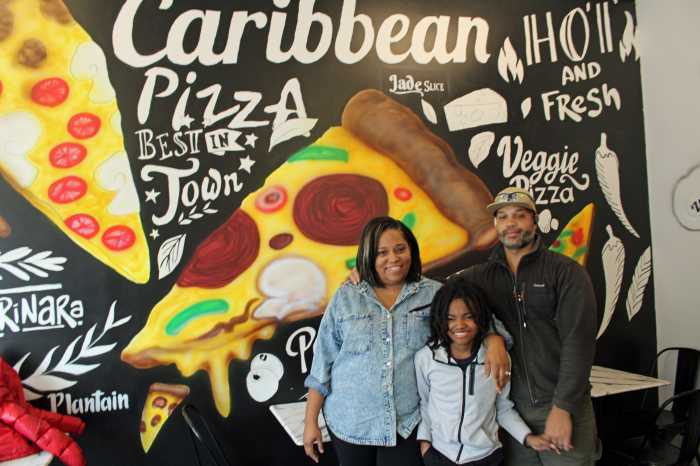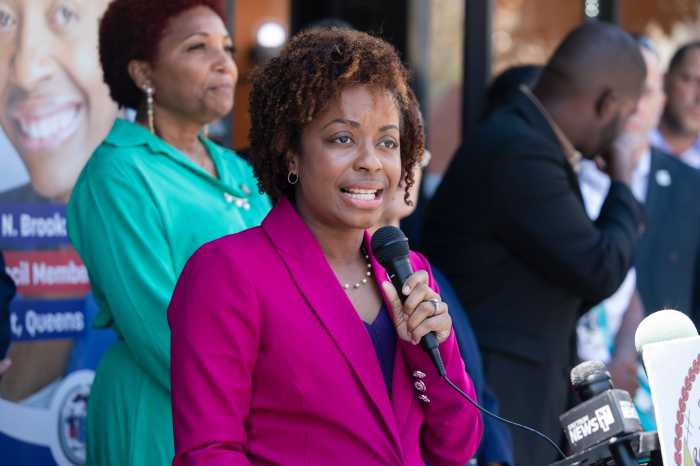As the new year was recently ushered in and enter the decade leading to the bicentenary of the emancipation of African enslavement in much of the region, crime and violence have become growing concerns in the Caribbean.
Last year saw record-breaking murder rate and crime statistics in the region. But although much attention has been given to general reports of crime and violence issues in the region, efforts of conflict resolution are generally not given much attention in the public sphere.
Intervention in addressing the social bases of crime, as well as its psycho-emotional dimension, is also not given much attention. Successful interventions and localized mediation efforts are hardly shared.
It is with this backdrop that the Brooklyn-based Friends of the Earth Grenada in conjunction with Big Drum Nation, an online Caribbean magazine of literature and the arts, convened an online panel discussion two Sundays ago addressing the growing problem of violence and crime in the Caribbean under the theme, “Our Lives our Society: Managing crime and violence in the Caribbean.”
An indication of the success of the initiative is demonstrated by the fact that the event was conducted for more than four hours, with attendees pledging to remain networked and encouraging the need for other such conferences across the region. More than 60 people attended the event from several locations in the Caribbean and the Diaspora.
The premise was laid by Big Drum Nation editor and conference co-organizer, Grenadian Martin Felix, a Brooklyn native, who reminded the audience that over a third of all world murders take place in the Latin American and Caribbean region, a region where only eight percent of the world’s population lives.
“High cost of high crime rates is much more impacting than would be evidenced on body count,” said Felix, stating that homicide rates, while declining in many areas of the world, are rising in Latin America and the Caribbean region, and that most victims are adolescents and young adults.
“Caribbean countries with high crime rates stand out as examples of the great cost that violence inflicts upon a country affecting the quality of everyday life, with a negative impact on the economy and the social psychology of citizens,” he added.
Jamaican social activist Lloyd D’Aguilar of People’s Anti-Corruption Movement saw a direct connection between interpersonal crime and violence on the streets and corruption, crippling national debt, landlessness, lack of affordable education, and lack of democracy.
He posited that police extrajudicial killings do not get the kind of attention that violence on the street gets.
D’Aguilar argued that public sector crime affects the poor in a very direct way.
“Jamaica is regarded as one of the most corrupt countries in the world. And the people agree with this Transparency International assessment, because, when polls are done, an average of about 70 percent of the people agree that Jamaica is a corrupt country,” he said.
On corruption, D’Aguilar noted the recent victimization of Jamaican Olympian Usain Bolt to illustrate what he regarded as “the stark injustices that prevails in Jamaica.”
“Usain just lost US$12 million stolen – by a financial firm he invested in, he will still not end up poor, because he has millions more, and will never have to resort to any form of crime,” he said. “Poor people of Jamaica however are robbed by the banks every day, with no recourse.”
Dr. Marsha Hinds-Myrie, post-doctoral fellow/equity strategist, placed the spotlight on the Caribbean’s lingering plantocratic patriarchal culture as causative of much of the region’s present-day problems and saw violence in the Caribbean as complex and pervasive, with women bearing much of the burden.
“Plantation oddities need violence to maintain themselves,” he said. “Our governments are abusive. Specifically at the level of the family, violence is broader than intimate partner violence and is entrenched and pervasive.
“Instead of abolishing Massa, with his absent accountability and disregard for black female bodies black men strove to replace Massa. “If we want to address violence, it has to be holistic. It has to be more than ‘carceality’. The structure of the society has to support peaceful living and a nonviolent ethos.”
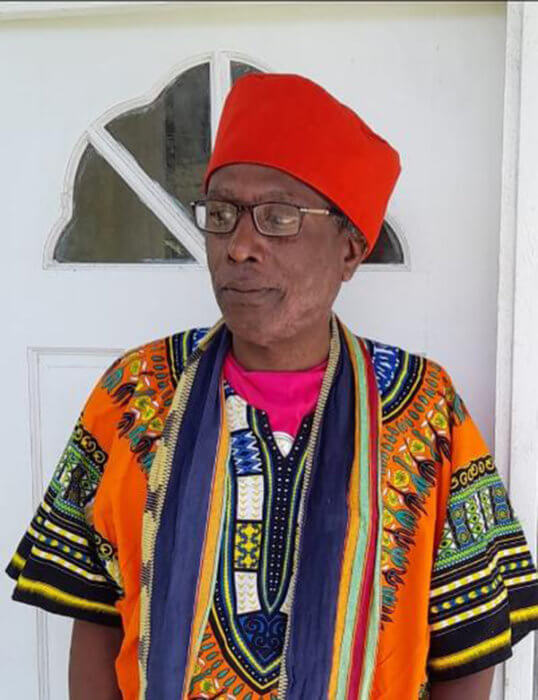
In reflecting on the connection between environmental neglect and interpersonal crime, environmentalist and event organizer, Joseph “Professor K” Antoine of Friends of the Earth Grenada, paid respect to others in Grenada who have laid the foundation of social activism that continues with the hosting of the conference.
He said that one of the hopes that he wished to emerge from the conference was that the emergency department of the general hospital in Grenada be named after Dr. Thomas – a founding member of Friends of the Earth Grenada and a revered, selfless doctor, in whose honor, with Michael Jones, the event was held.
Antoine reminded the audience that the sentiment was generally accepted at Dr. Thomas’s funeral by both leading political parties in Grenada that he would be duly honored.
Antoine hoped that this renaming be done before Earth Day, 2023 (April 22).
On the issue of crime, Antoine alluded to Nasreddin Hodja’s (1208-1285) tale to highlight the cause and effect dynamics of social pressures and individual acts of violence, and the role of social agencies in mitigating criminal tendencies.
Police inspector and forensic scientist and President of the Caribbean Association of Forensic Sciences, Gregory J. Williams, outlined some of the diverse applications of forensic science for the education of the audience.
Williams lamented the lack of regional coordination in crime management, citing the example of the language barrier in a multilingual and multicultural context, such as in the Caribbean.
He presented a chart displaying the high per capita murder rates throughout the region – ranging from 44 per thousand in Jamaica to 21 per thousand in St. Lucia (2022).
Relatively low crime rates in Grenada failed to even make the chart, with neighbors St. Vincent and the Grenadines, St. Lucia, and Trinidad and Tobago as “alarming standouts.”
Williams underscored the importance of the regional countries pulling their resources to fight crime, and highlighted that some territories don’t even have forensic scientists.
“If we can’t stop crime, we must be able to solve it,” he said, alluding to the notion that unsolved crimes can incentivize future crimes.
Chief Forensic Science Officer Hillary Mullings-Williams, of the Institute of Forensic Science and Legal Medicine Jamaica, pointed to the incentive of the drug trade and how this often leads to crime and violence.
She said limiting such incentives can have an impact on other crimes in the region.
“The Caribbean being a major transshipment point between North America and South America makes the Caribbean strategic,” she said, illustrating the value of the forensic labs to detect a range of crimes – from gun uses, human trafficking, cyber-crimes, to identity theft.
Mullings-Williams argued that one of the ways in which crime can be tackled is for the justice system “to be perceived as functional from the premise that, if people think they can get away with a crime, they will be more likely to carry it out.”
Dr. David Muhammad, lecturer, sociologist, and director and founder of the Black Agenda project of Trinidad and Tobago (the Nation of Islam representative in T&T) connectED the recent killing of Tyre Nichols in Memphis, Tennessee with police extra-judicial killings in the Caribbean.
He posed the question of whether racism can be used in the case of a Black officer in the Caribbean or the US, answering in the affirmative.
According to Prof. Muhammed, denying this is to miss the point that “the Caribbean today is still grappling with some of the legacies of colonialism, a psychological perception of self that has been damaged and distorted as a result of centuries of abuse.
“A major reason is the internalized self-hatred for ourselves as a people,” he said, adding that “the Caribbean is yet to extricate itself from the superstructure of the oppressive colonial system.
“So, the same hatred the colonialists have of the working people is now transferred to the present-day rulers and administrators across the region,” he continued, using the example of Laventille, Trinidad, where “the murder rate has dramatically been reduced”, to show that, like an approach such as the Glasgow Model of crime reduction, “it is possible to reintegrate such societies that are divided by drugs and political turfs.”
Dr. Christopher Roger Williams was concerned about what goes beyond the issue of the crime. He expressed concern about “the silence, internally, individually, socially.”
While others are concerned about the policy consideration, he is looking at the thinking process of the perpetrators.
“The victims can be the perpetrator, and the perpetrator may be the victim,” said Dr. Williams, urging that policy makers look at the issue of mental illness and the perpetuation of crime.
Dr. Roberto Rivera, linking from Southern California, who has lived in Jamaica and studied climate change, maintained that Jamaica has some major challenges, warning that Jamaica could become one of the more violent countries in the world.
His projection was based on climate change markers that he has been examining, such as the heat index — which has been climbing, rising seas, beach erosion and the water table.
Dr. Rivera saw the intersection of crime and climate change as one of the under researched topics in the Caribbean.
In supporting Dr. Rivera’s observation, Gregory Williams pointed to his forensic expertise to attest to the commonality of certain violent crimes that have taken place in Jamaica and Antigua, where he is now based, because of inter-island migration.
However, Felix cautioned that countries with lower crime rates, such as Grenada, “that are probably saying it is a Trinidad or Jamaica problem — and not theirs — that time-trend analysis has documented how rapidly violence can escalate in a country.”
Antoine, in agreeing with Dr. Rivera and Williams, said that “Crimes against Nature”, or ecocide, are “often not given enough attention.”


